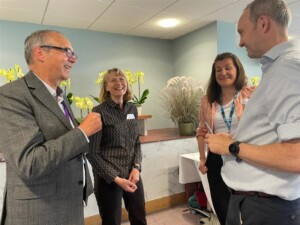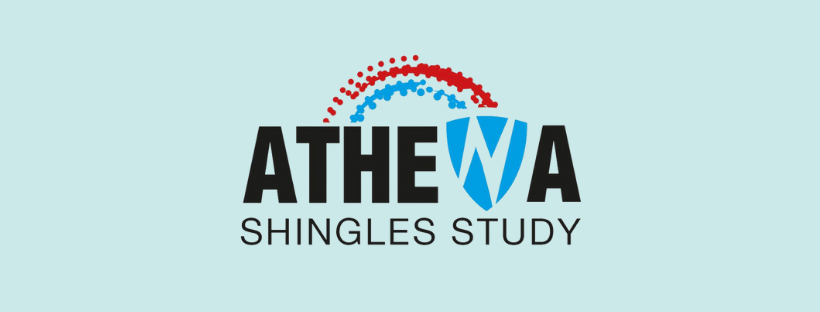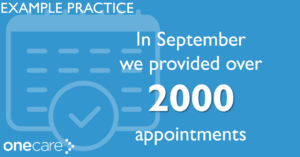It’s two years to the day since the first Covid-19 vaccination was administered by a Primary Care Network (PCN) in Bristol, North Somerset and South Gloucestershire (BNSSG).
In that time, general practice staff and volunteers united across BNSSG to deliver over 1.4 million Covid-19 vaccinations at PCN clinics, which is around 54% of all vaccinations delivered in BNSSG.
Reflecting on the last two years, Dr Geeta Iyer, Clinical Lead for Mass Vaccinations, said: “Since the beginning of the vaccination programme, our practices and PCNs have worked incredibly hard to deliver this huge number of vaccinations alongside core services. This has made a massive difference to people in BNSSG and has undoubtedly reduced pressures on our healthcare system.”
“PCNs and practices should be very proud of the work they have done and continue to do, working with their communities and the wider system to ensure patients can access essential services like vaccinations.”

Over the two years, more than 5,000 staff and volunteers were involved in over 50 GP-run clinics, providing communities with first, second and booster jabs.
PCN vaccination clinics have been praised by the public, with a recent survey showing 95% of patients thought their experience at a PCN clinic was very good or good. When asked about their vaccination experience, one patient said it was: “…perfectly orchestrated. I could not be more impressed”.
Ruth Hughes, programme manager for PCN vaccinations, said “General practice has played a huge part in ensuring the success of the Covid-19 vaccination campaign, delivering over half the Covid-19 vaccinations in BNSSG. This emphasises the capability of general practice to meet their local population’s needs, but also the importance of involving general practice in future vaccination campaigns.
“I would like to thank all the staff and volunteers who worked together to run these GP clinics – without your hard work, this would not have been possible.”
It’s not too late to get vaccinated against Covid-19 – click here to find out more. Moving into the winter period, being vaccinated against flu and Covid-19 is the best way to protect yourself and those around you.






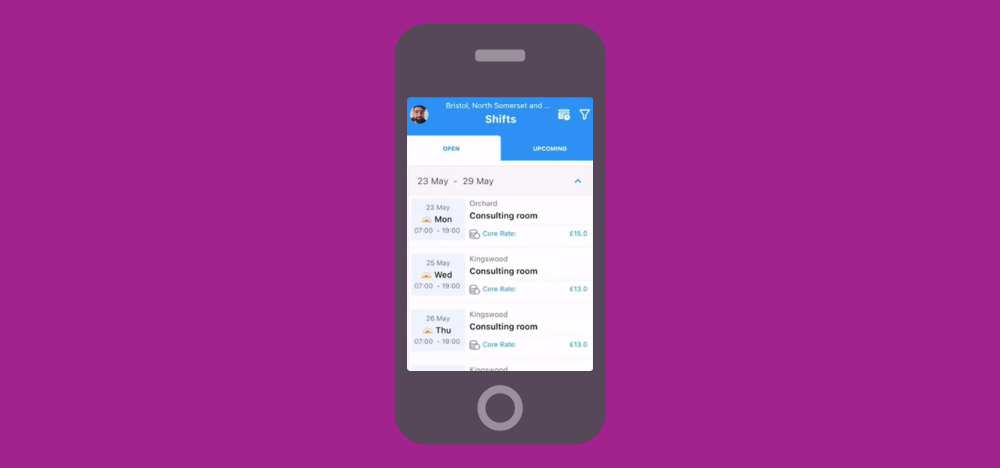
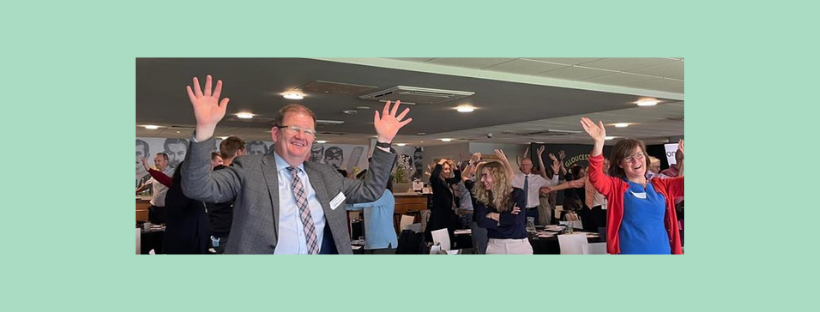
 Guest speaker Fiona Adamson, Chair of the Primary Care Federation Network and the NHS Confederation, joined us virtually to give a thought-provoking talk on the opportunities and challenges for GP federations in Integrated Care Systems.
Guest speaker Fiona Adamson, Chair of the Primary Care Federation Network and the NHS Confederation, joined us virtually to give a thought-provoking talk on the opportunities and challenges for GP federations in Integrated Care Systems.